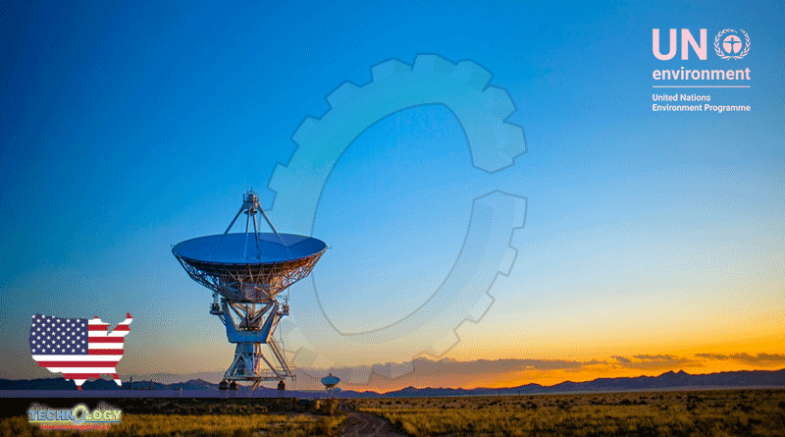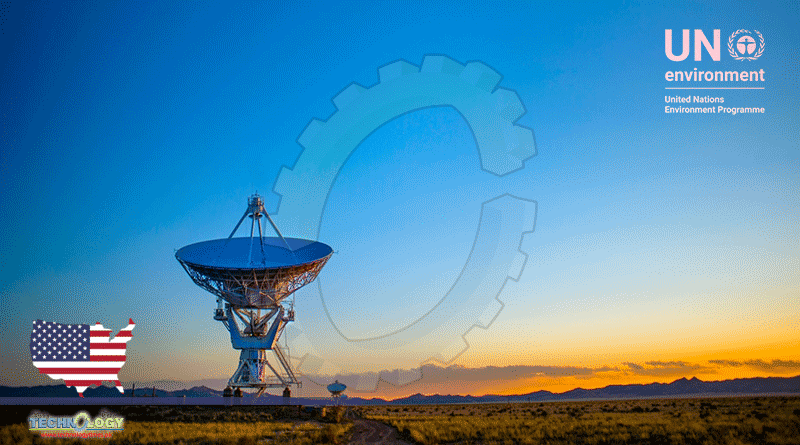A New Observatory To Drive Action On Reducing Methane Emissions, Powerful Greenhouse Gas Responsible For Climate Warming

The UN Environment Programme (UNEP), with support from the European Union, today launched a new Observatory to drive action on reducing methane emissions – a powerful greenhouse gas responsible for at least a quarter of the current climate warming. The International Methane Emissions Observatory (IMEO) was launched at the G20 Summit, on the eve of the latest round of climate talks, known as COP26 in Glasgow. IMEO will improve the reporting accuracy and public transparency of human-caused methane emissions. IMEO will initially focus on methane emissions from the fossil fuel sector, and then expand to other major emitting sectors like agriculture and waste.
The recently published UNEP-CCAC Global Methane Assessment states that zero or low net-cost reductions could almost halve anthropogenic methane emissions and proven measures could shave 0.28 degrees Celsius from the forecasted rise in the planet’s average temperature by 2050. IMEO will provide the means to prioritize actions and monitor commitments made by state actors in the Global Methane Pledge – a US- and EU-led effort by over two dozen countries to slash methane emissions by 30 per cent by 2030.
Methane: over 80 times more potent than CO2
To stay on track to reach the Paris Agreement goal of limiting climate change to 1.5°C, the world needs to almost halve greenhouse gas emissions by 2030. The Intergovernmental Panel on Climate Change notes that if the world is to achieve the 1.5°C temperature target, deep methane emissions reductions must be achieved over this time.
“As highlighted by IPCC, if the world is serious about avoiding the worst effects of climate change, we need to cut methane emissions from the fossil fuel industry. But this is not a get-out-of-jail free card: methane reductions must go hand in hand with actions to decarbonize the energy system to limit warming to 1.5°C, as called for in the Paris Agreement,” said Inger Andersen, Executive Director of UNEP. Methane released directly into the atmosphere is more than 80 times more potent than CO2 over a 20-year time horizon. However, as methane’s atmospheric lifespan is relatively short – 10 to 12 years – actions to cut methane emissions can yield the most immediate reduction in the rate of warming, while also delivering air quality benefits.
EU Commissioner for Energy Kadri Simson said, “Methane has accounted for roughly 30 per cent of global warming since pre-industrial times, and today its emissions are increasing faster than at any other time since record keeping began in the 1980s. Existing systems do not allow us to determine precisely enough where emissions happen across the global and in what volumes. Once better data is available, countries can take swift and well-targeted action. In the EU, we will already propose pioneering legislation to cut methane emissions this year. This includes mandatory leak detection and repair and limiting venting and flaring.” The fossil fuel industry is responsible for one-third of anthropogenic emissions and is the sector with the highest potential for reductions. The wasted methane, the main component in natural gas, is a valuable source of energy that could be used to fuel power plants or homes.
This news was originally published at Eure kAlert
